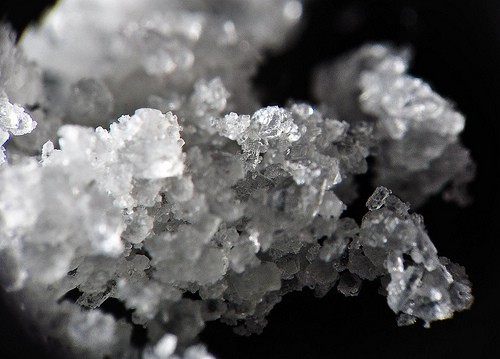Ketamine Causes Memory Loss
British researchers followed 150 subjects for a year, and found that heavy ketamine use results in substantial cognitive impairments.
Heavy ketamine use impairs memory.
Ketamine is an addictive stimulant/hallucinogenic drug (club drug).
Researchers at the University College London wanted to know what effect ketamine use had on memory, so they recruited 150 study subjects to find out. Of these subjects:
- 30 abstained from all illicit drugs
- 30 used illicit drugs other than ketamine
- 30 were past users of ketamine
- 30 were recreational users of ketamine
- 30 were heavy or daily users of ketamine
Each subject was given a test of memory and attention performance at the beginning of the trial, and each was retested again, one year later.
The results:
- Heavy ketamine users had poor memory scores at the beginning of the trial and these scores were worse one year later. Visual, verbal and short term memory were most affected.
- Hair sample testing revealed that the recreational users were taking twice as much ketamine after 1 year (indicating the addictiveness of the drug)
- Recreational and past users scored equally well to abstainers on tests of memory and well being (the researchers suggest that occasional use may not result in lasting cognitive damage)
The full study findings can be read in the November 16th online edition of Addiction
Post a comment 0
Copyright Notice
We welcome republishing of our content on condition that you credit Choose Help and the respective authors. This article is licensed under a Creative Commons License.

 John Lee
John Lee
